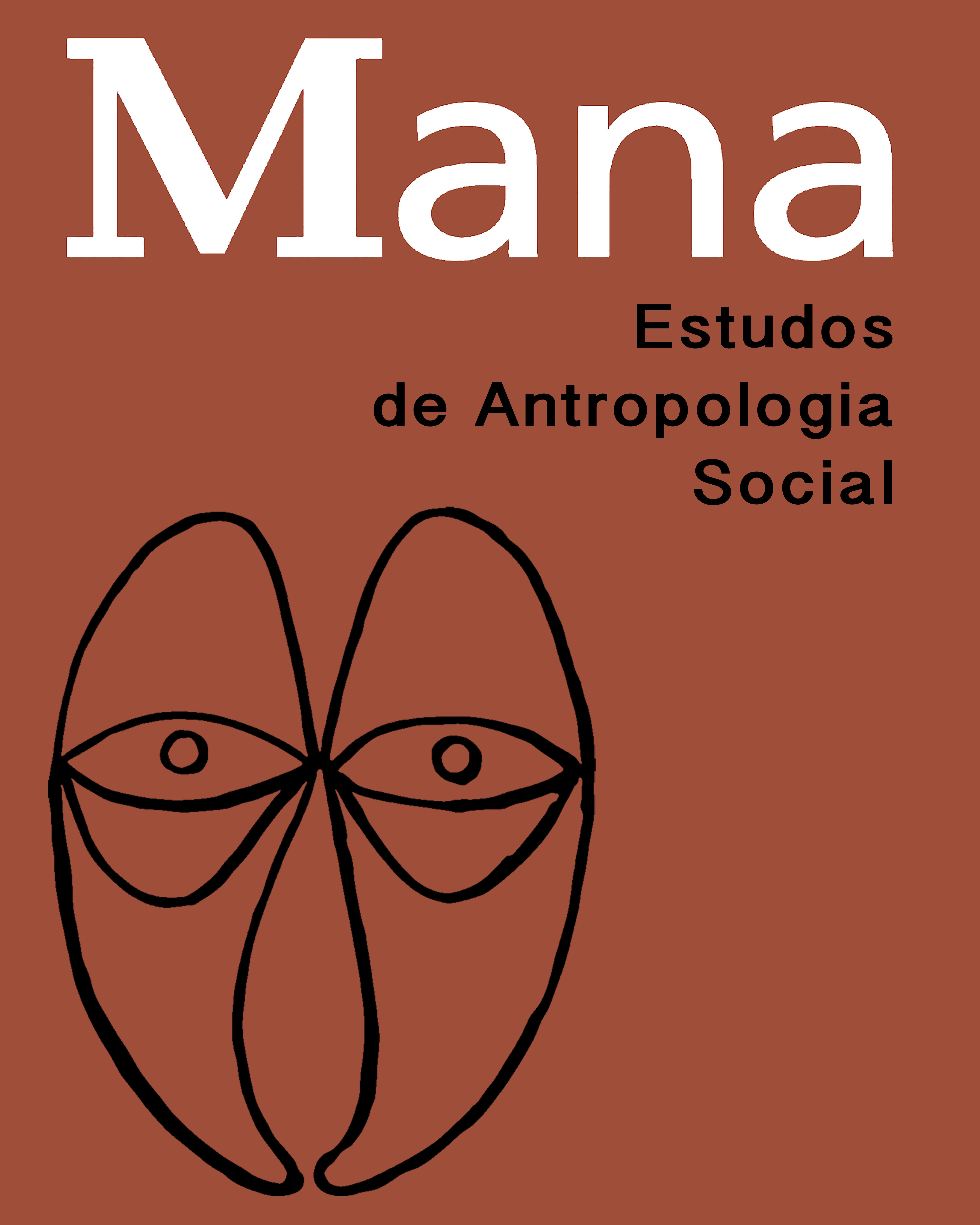Abstract
We analyse how some Toba or Qom and Pilagá Indigenous groups in Formosa, Argentina relate to their past in the context of participatory research projects focused on the production of memories alongside non-indigenous actors. We consider how recent history has become sedimented in these groups' current positionings and practices and inquire into concrete situations of memory production by identifying key notions, as well as tensions in the construction of their historicities. We observe that the notions mobilized diverge between both groups. In the Qom case, memories about the “culture” they once had are activated and become part of their everyday practices and projects. In contrast, for our Pilagá interlocutors, memory work on the Indigenous past prioritizes reflections of and research on episodes of violence suffered by their people.
Key words:
historicity; qom; pilagá; memory production; Argentine chaco; participatory research
